Archive: Scientists Identify Biomarkers to Guide Hormone Therapy for Prostate Cancer
A test commonly used in breast cancer has been found to also identify which patients with aggressive prostate cancer will benefit from hormonal therapy.

University of California San Francisco
A test commonly used in breast cancer has been found to also identify which patients with aggressive prostate cancer will benefit from hormonal therapy.

After a nationwide search, UCSF Fresno Medical Education Program recently announced the appointment of Ivan Albert Gomez as Chief of Family and Community Medicine and Vice-Chair of Family and Community Medicine at UCSF.

The UCSF Medical Center has ranked No. 52 on the 2017 Forbes list of America’s Best Employers.
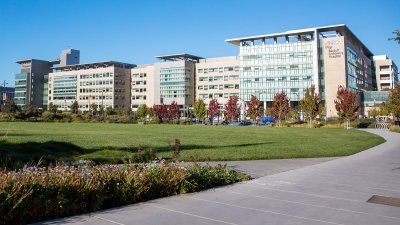
A campus entrance is one of 12 areas around UCSF selected for improvements through the First Impression Areas Contest.
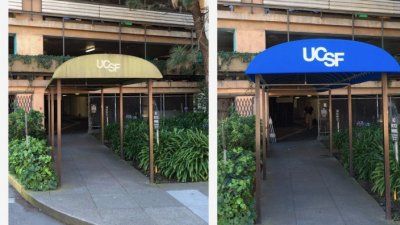
The UCSF class of 2017 answers questions about challenges, lessons learned and advice they would give their first-year selves.

Of the nearly 6,000 physician mothers in the survey, nearly 78 percent reported discrimination of any type.

Researchers at UCSF and their colleagues have found that Hepatitis C virus (HCV) infection among people who inject drugs remains high and stable in some North American cities but incidence has dropped and remained low in some Australian and European cities.

Federal funding for biomedical research and ongoing support for affordable comprehensive health coverage were the top two issues on the list of topics that Chancellor Sam Hawgood discussed with policymakers and key Republican lawmakers in Washington, D.C., this week.
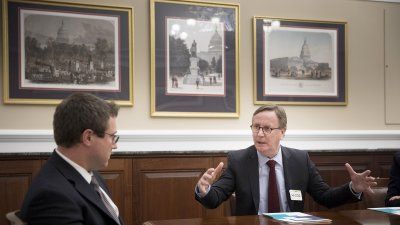
UC’s Office of the President and its governing Board of Regents has addressed issues and recommendations contained in the state audit report about the budget practices and administrative expenditures of the Office of the President, welcoming most as constructive while raising significant concerns about others.

The PlaySafe program in the UC San Francisco Department of Orthopaedic Surgery is providing its free annual spring sports cardiac physicals on May 6.

Researchers made a significant advance, identifying the first “high-confidence” risk gene for Tourette disorder as well as three other probable risk genes.

Three UCSF faculty have been elected to the National Academy of Sciences, one of the highest honors accorded to American scientists.

Michael Anderson has became the first president of UCSF Benioff Children’s Hospitals. His role is a newly created position, with responsibility for UCSF Health’s children’s hospitals in San Francisco and Oakland, and the UCSF Benioff Children’s Physicians Foundation – in total, a $1 billion operation.
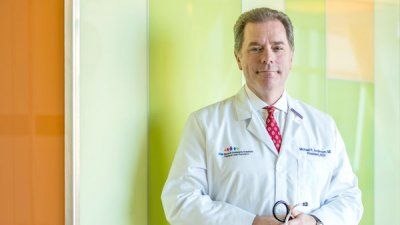
National political issues that impact the UCSF community were at the forefront during the 10th annual Chancellor’s Leadership Forum on Diversity and Inclusion.
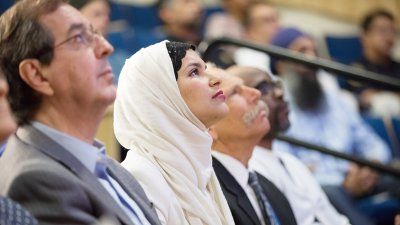
UCSF researchers are looking to the front teeth of mice to to help understand how stem cells know when it’s time for them to expand in numbers and transform into mature, adult cells in order to renew injured or aging tissue.
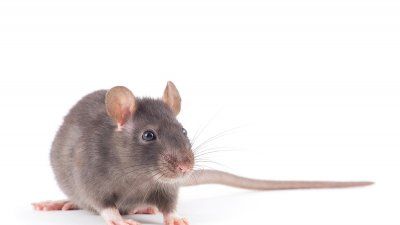
Children’s exposure to racial and ethnic discrimination has been linked to their likelihood of having asthma in a new study by UCSF researchers.

Drivers of electric vehicles will find more charging stations around campus with more being added through early 2018.

UCSF medical student Jirayut “New” Latthivongskorn has received a 2017 U.S. Public Health Service Excellence in Public Health Award in recognition of his dedication and efforts advocating for immigrants’ rights and health equity for under-resourced communities.
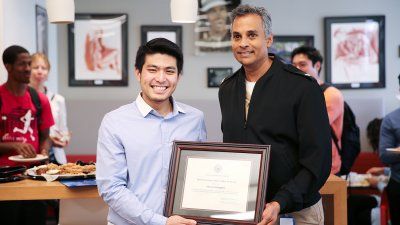
UCSF has hired Harold E. “Barry” Selick as its first vice chancellor for business development, innovation and partnerships.
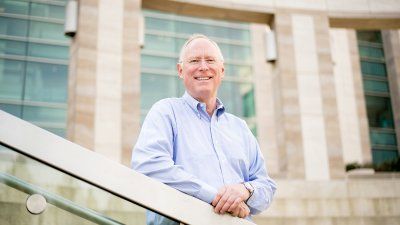
Hundreds of people eager to show their support for science turned out for UC San Francisco’s Stand Up For Science teach-in and rally on April 22, which highlighted diversity and the importance of federal funding for research.
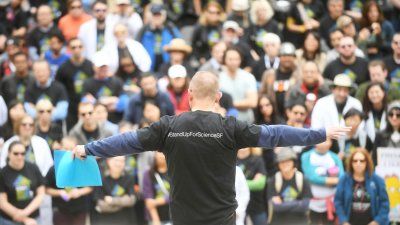
Howard Pinderhughes, associate professor and chair of social and behavioral sciences in the UCSF School of Nursing, delivered the 2017 Last Lecture, which has the prompt: “If you had but one lecture to give, what would you say?”
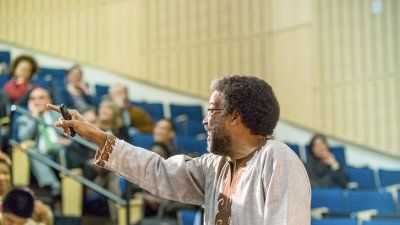
UCSF researcher Grant Dorsey received federal funding for the Program for Resistance, Immunology, Surveillance and Modeling of Malaria in Uganda.
